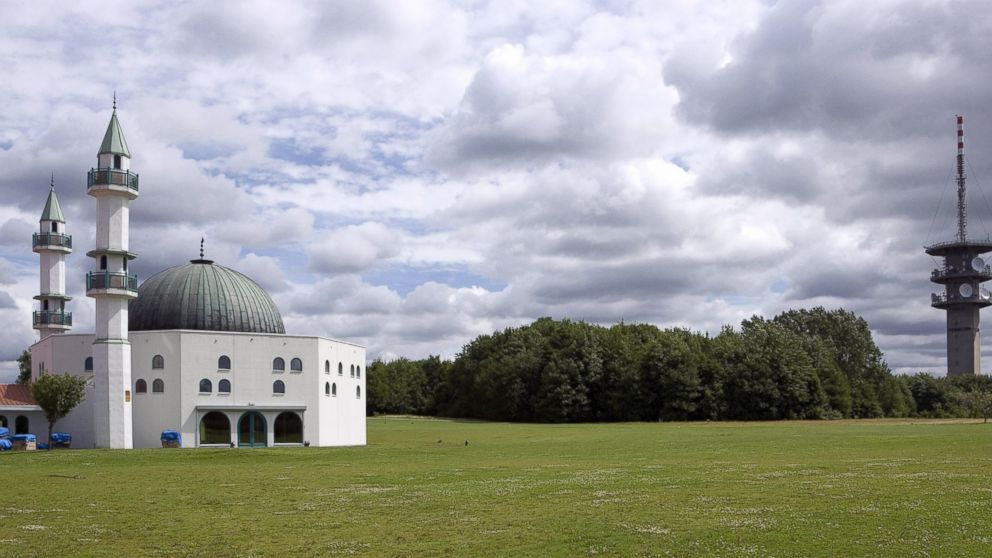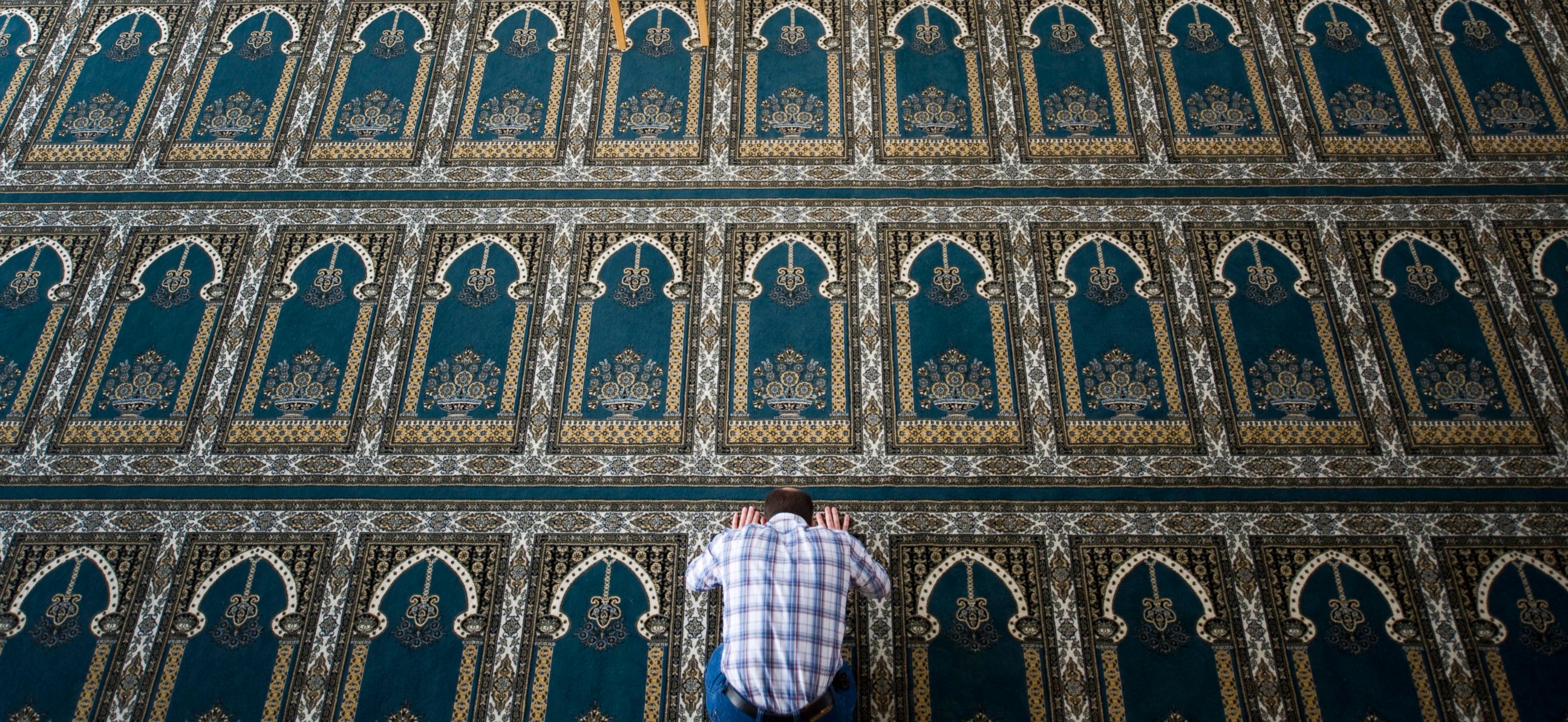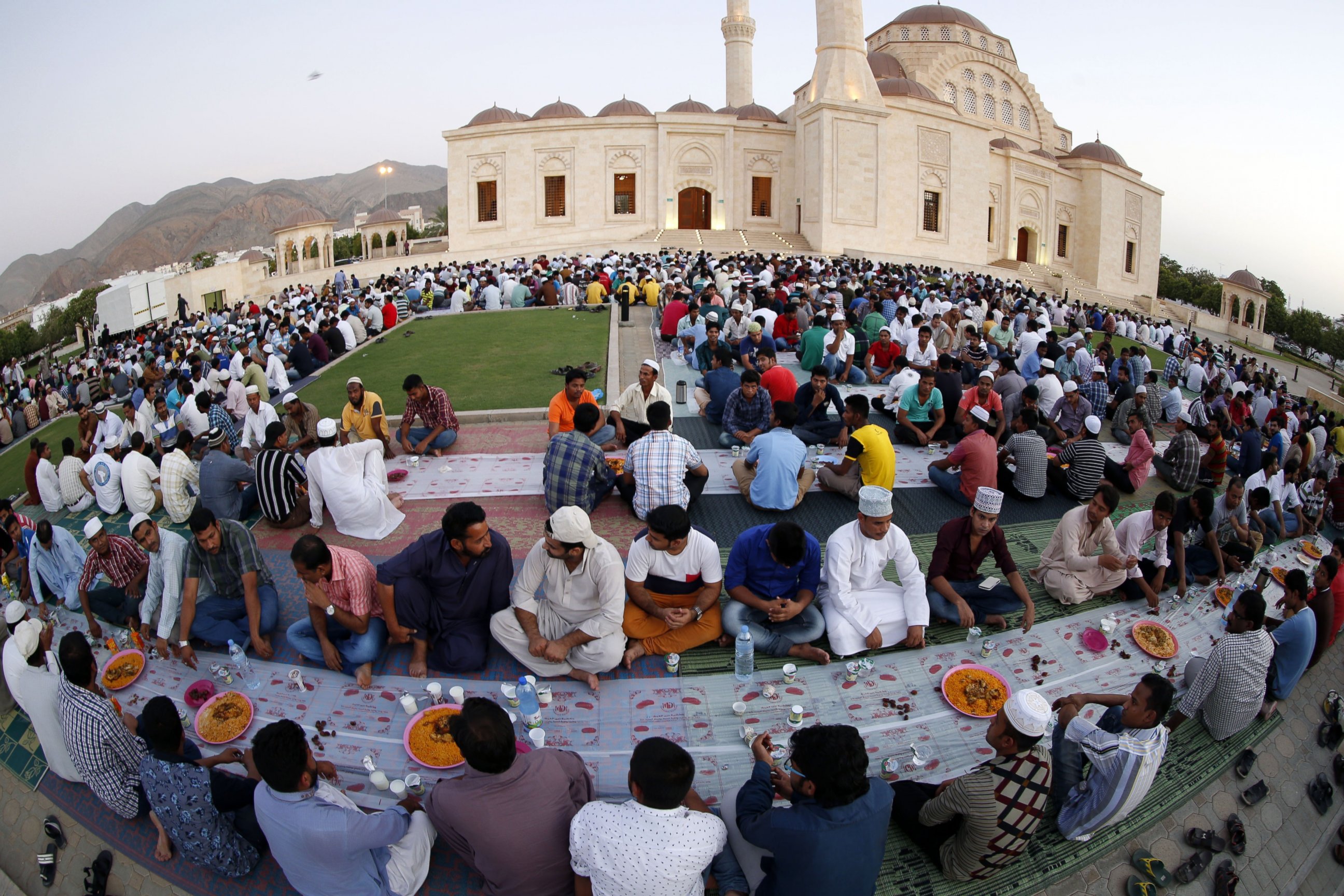How Muslims Observe Ramadan in Areas Where the Sun Never Sets
If "your faith is strong, you can do it," says Muhammad Asif Mirz.

— -- During the holy month of Ramadan, Muslims typically fast from sunrise to sunset -- with fasting lengths varying depending on where you live.
But for Muslims who live in the land of the "Midnight Sun," a small region north of the Arctic Circle where the sun remains visible at midnight or all day, fasting can be particularly challenging, says Muhammad Asif Mirza. Mirza, vice-chair at the Islamic Center in Yellowknife in Canada.
"We're currently experiencing 24/7 sunlight until mid-August," Mirza told ABC News today. "So, according to Muslim scholars, we have two options in this scenario. You can either follow the times of sunrise and sunset of the closest biggest city to you or follow the time of Mecca, which is in Saudi Arabia."
Mirza said he and his family are currently following the sunrise and sunset times of Edmonton, the capital of the province Alberta in Canada.

"There, Muslims are fasting from 2:56 a.m. until 10:08 p.m., which is a fasting time of about 19 hours and 15 minutes," he said. "It's a little longer than Mecca's fasting time, which is 14 hours."
Mirza added that this year is a particularly difficult year because Ramadan fell on the summer solstice.
"I used to live in Sweden when I was younger, and summer and winter are also different there," he said. "When I was there, Ramadan fell during winter, so I only had a four- to five-hour fasting time."

But Mirza says that he doesn't mind the longer fasting time.
"As with any religion or any belief, there are certain things you must follow," he said, "and if your faith is strong, you can do it."




